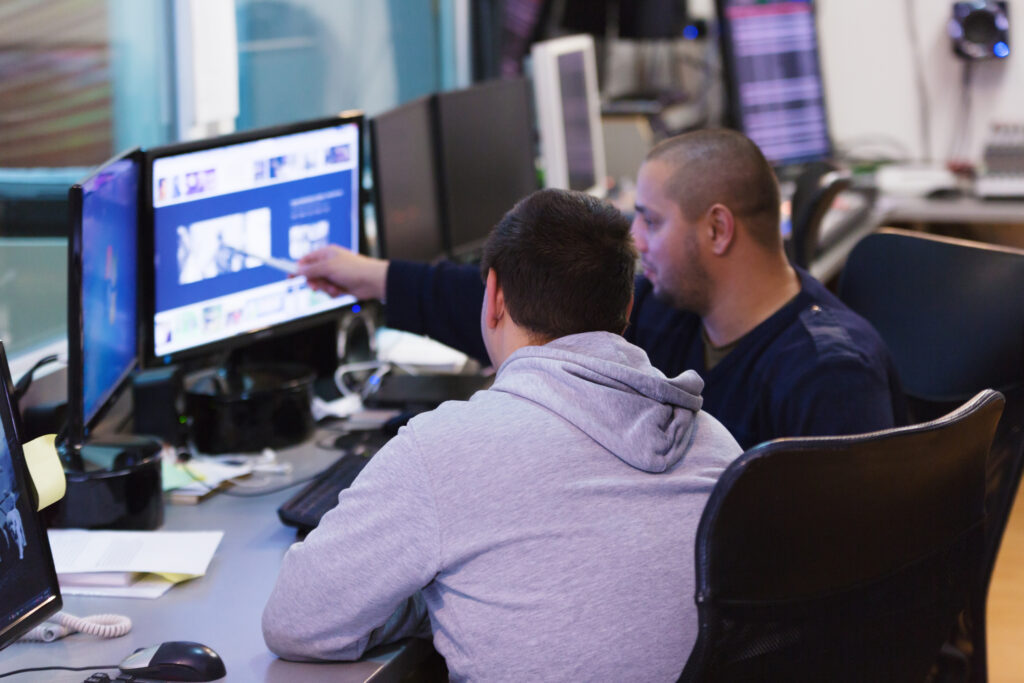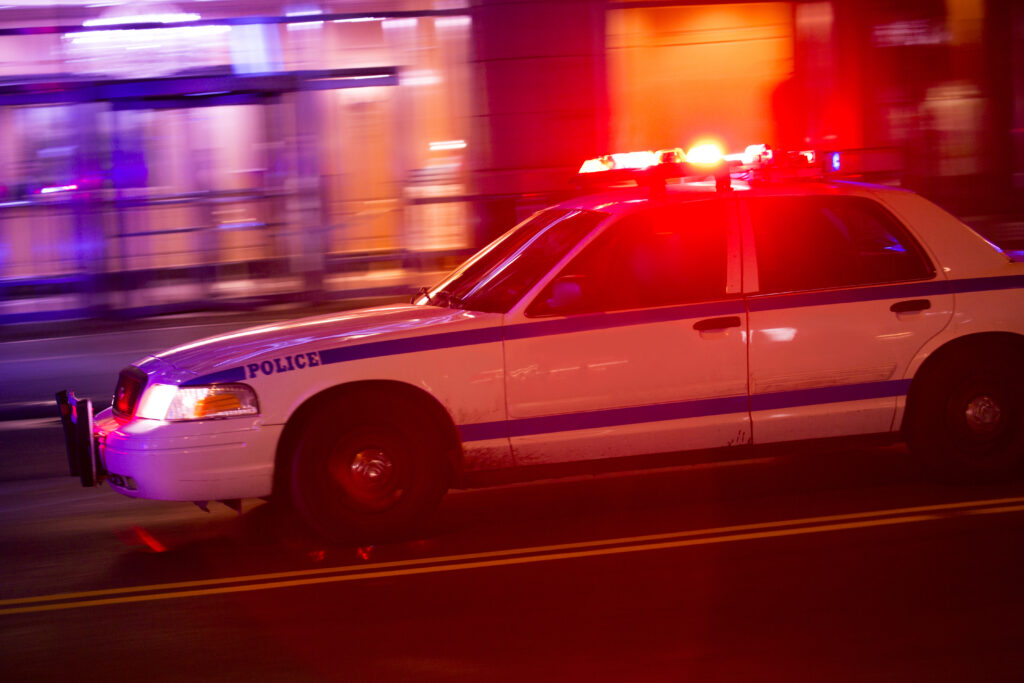Dylan Fitzpatrick
Research Director
Connect
Expertise

Connect
Expertise
Dylan Fitzpatrick is a Research Director for the University of Chicago Crime Lab. His research focuses on the design and evaluation of data-oriented systems for decision support in public agencies. Many of Dylan’s projects employ methods from machine learning and statistics to identify meaningful and actionable patterns in criminal justice data. Dylan also specializes in evaluating new programs intended to improve police effectiveness and reduce the impacts of violent crime in our communities.
Dylan holds a Ph.D. in Machine Learning and Public Policy and an M.S. in Computer Science from Carnegie Mellon University, as well as a B.A. in Economics from Middlebury College.

Policy Brief: Understanding and Improving Early Intervention Systems
This policy brief is a summary of a research paper entitled “Predicting Police Misconduct” by Greg Stoddard, Dylan Fitzpatrick, and Jens Ludwig.
NBER Working Paper: Predicting Police Misconduct
This paper outlines the results of research on over a decade of Chicago Police Department data that shows it is possible to predict risk of on-duty and off-duty misconduct, allowing police departments to prioritize training and supportive resources.
Officer Support System (OSS)
The Crime Lab partnered with the Chicago Police Department (CPD) to develop the Officer Support System (OSS), a next-generation, data-driven early intervention system to promote officers’ long-term mental health and wellness.

Council on Criminal Justice (CCJ) Partnership
The Crime Lab partners with the Council on Criminal Justice (CCJ) to convene an independent Task Force on Policing to identify the policies and practices most likely to reduce violent encounters between officers and the public and improve the fairness and effectiveness of American law enforcement.

